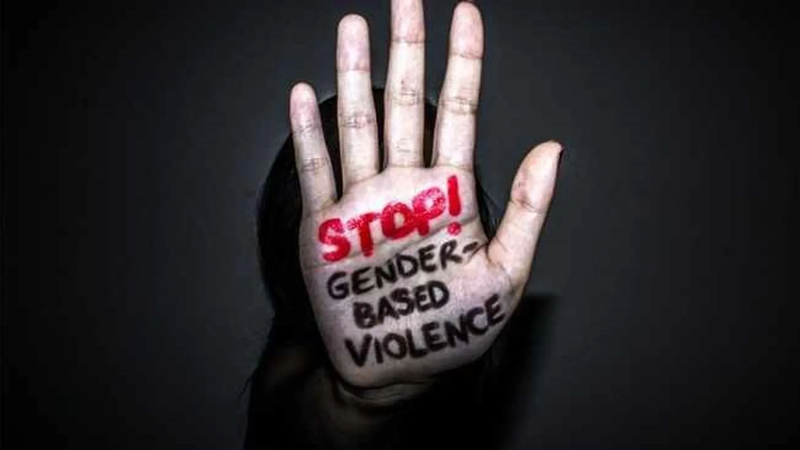A 51-year-old man has been sentenced to seven years imprisonment after he violated a protection order. The man's partner, with whom he shares two children, took out the protection order in 2019 following a history of abuse. As per the order, the man was not allowed to abuse her verbally, emotionally or physically.
In November last year, the woman returned home after staying over at a friend's. "The accused became aggressive, verbally abusing her with vulgar insults and accusations of infidelity. The victim did not engage, walked away, and reported the incident to the South African Police Service (SAPS). The accused was arrested on November 19 and appeared in court on November 21," said National Prosecuting Authority spokesperson in the Northern Cape, Mojalefa Senokoatsane.
Last month, the man pleaded guilty and was convicted.
"During sentencing, Prosecutor at the Upington District Court, Benise Swartz presented evidence that the accused had been previously convicted twice for similar offences against the same victim, both times receiving wholly suspended sentences. The State emphasised that gender-based violence (GBV) is a persistent crisis and that women have the right to live without fear or intimidation," Senokoatsane added. The man was further declared unfit to possess a firearm. By Se-Anne Rall, IOL






